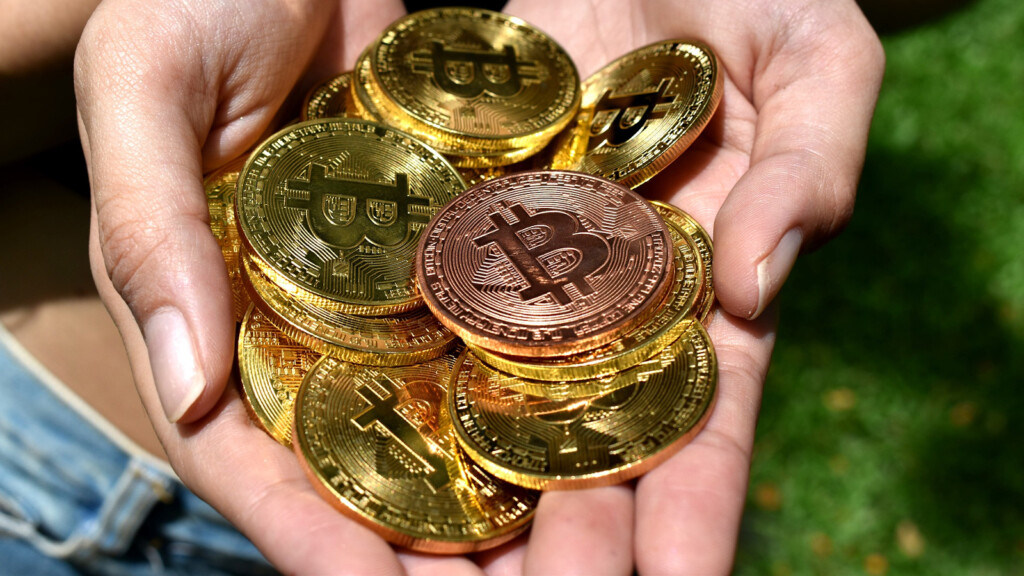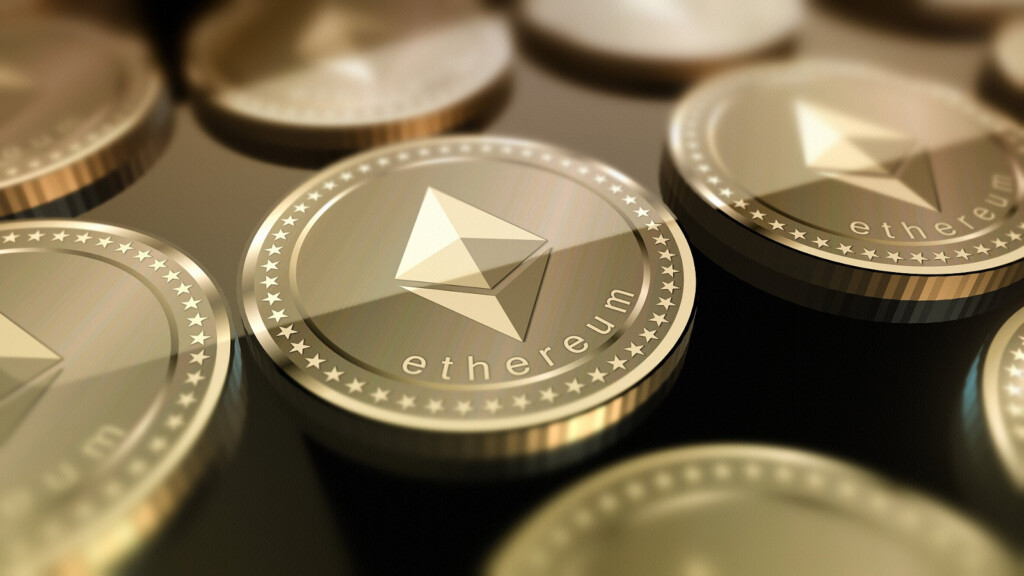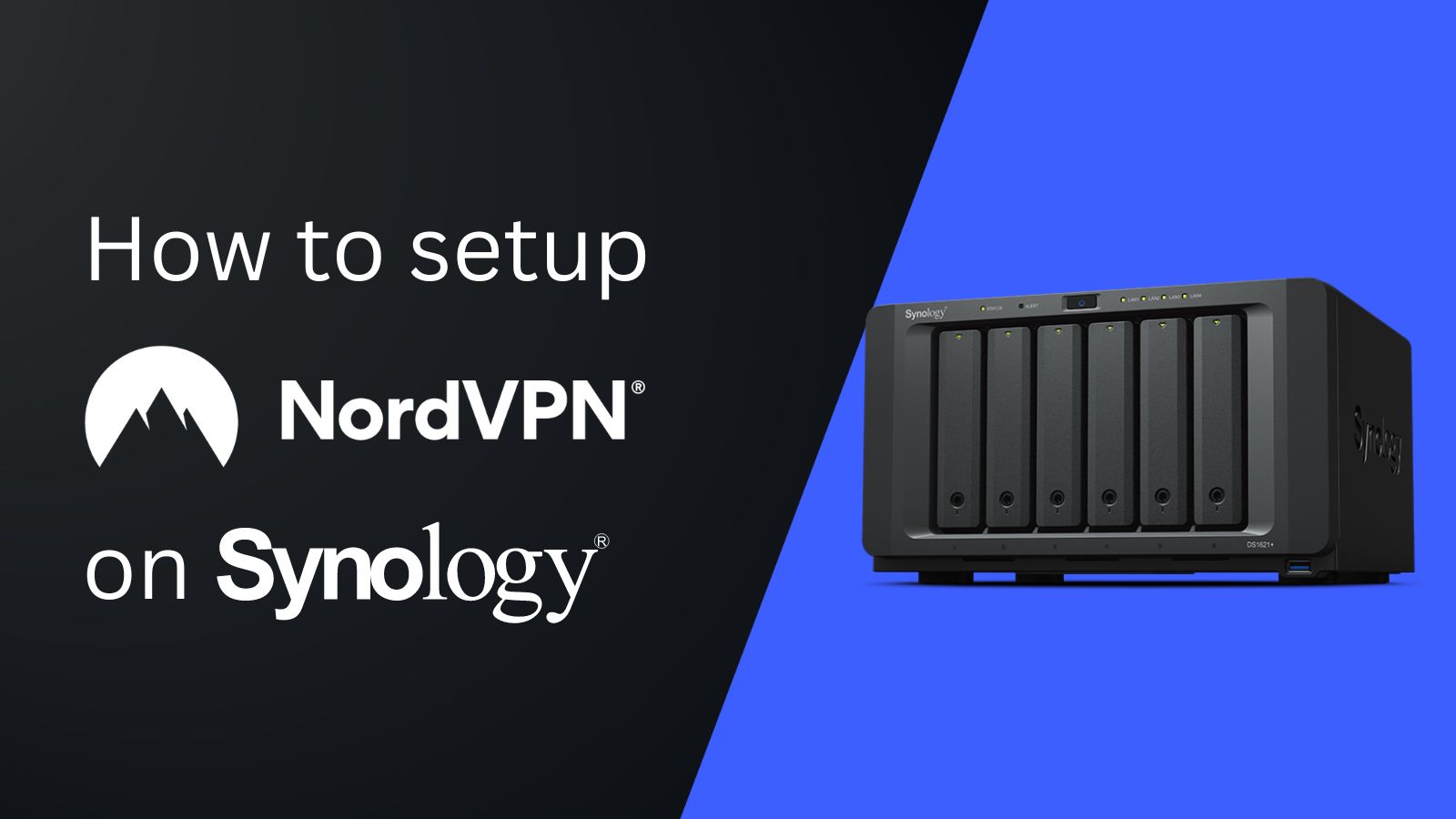
What’s the Difference Between Token vs Coin?
In a world of technological disruption and upheaval, it's pretty normal for jargon to come thick and fast. Sometimes we name things in a way that makes sense from a particular perspective but is confusing when it comes to the common understanding of terms. When it comes to crypto token vs coin discussions that confusion is especially obvious. These are words we use outside of the cryptocurrency context. They feel familiar, but as you might expect they have a very special meaning here.
Even the fact that we refer to something like Bitcoin as crypto "currency" isn't entirely accurate. Cryptocurrency is closer to a commodity such as gold in its nature and has (by design) almost nothing to do with modern "fiat" currencies. The big problem is that the token vs coin conversation suffers from people frequently using the terms as if they are interchangeable. This isn't just a matter of pedantry. Unscrupulous individuals or groups love to use mainstream confusion about hot new technologies to come up with scams. Since there are plenty of people who are high on enthusiasm, but low on fact-checking.
A Blockchain Recap
To understand the difference when it comes to token vs coin, you need to know a few things about the "blockchain". This is the fundamental technology that makes a cryptocurrency like Bitcoin work. It's a ledger consisting of a chain of "blocks" that contain verified transactions. Once verified and added to the chain, the records are immutable. No one can change them without rendering the chain invalid. This allows for a system of transaction verification that isn't under the control of any one institution. The chain also contains the entire possible supply of the cryptocurrency. In other words, the "coins" of something like Bitcoin exist on its blockchain. Which is a key fact when understanding the token vs coin divide.
What Makes a Coin a Coin?
With the basic concept of the blockchain out of the way, we can get to the defining feature of cryptocurrency coins. A coin is a coin if it is "native" to its own blockchain. That might sound a little confusing, but all it means is that Bitcoin is a coin, because it's the native denomination of the bitcoin blockchain. The same goes for an "Altcoin" such as Ethereum. The term "Altcoin" simply refers to a crypto coin that isn't Bitcoin. If you need a crash course in Fintech terms such as "Altcoin", have a look at our Fintech Lingo article.
Typical Use Cases for Crypto Coins
While cryptocurrency coins may be hard to understand from a purely technical perspective, understanding what they are used for is pretty easy.
Crypto coins are meant to be used to buy and sell things. Just like dollars or bars of gold, the idea is that something like Bitcoin can be used as digital cash. You don’t need to keep it in a bank account and no one needs to know who you are or what you spent your money on.
Of course, this has caused the same sort of issues that have made governments pro-cashless society. The allegation is that currencies like Bitcoin are largely used to hide criminal activity. There are measures in place to limit how much cash can be moved across borders. With cryptocurrency you can move billions in the blink of an eye. These concerns have been largely overblown. First of all, Bitcoin itself isn’t nearly as anonymous as people thought. Which is bad, because when a given blockchain is deanonymized, that’s retroactive. Remember, the blockchain stored the transactions of its entire history, so if anyone figures out how to connect specific people to specific transactions, it means exposing everyone.
However, Anonymity is not the most important thing crypto coins offer us. It’s the ability to have a trusted value accounting system that isn’t under central control that’s the real main use case of crypto coins.
More Than Just a Coin
While the central idea of crypto coins is that they are used as a form of money, there’s been a lot of innovation in this area. Newer cryptocurrencies can be used for other things as well. Tokens are on that we’ll discuss in-depth just below, but blockchain technology is finding uses in places such as education and in decentralized application architecture.
What Makes a Token a Token?
If the defining feature of a coin is that it is native to its own blockchain, then it makes sense that a token is the opposite of that. A token exists on the blockchain of a given coin. The token is a function of that specific blockchain.
The most popular type of Token is the ERC-20, which is a feature of the Ethereum blockchain. Anyone can create their own custom token using something like the ERC-20 standard. The blockchain of the host coin handles the processing needs of the token, via the miners that are mining that native coin. The native coin is spent to pay for processing power used to run the token.
The end result is that you have your own token, with a custom name and rules. You can sell these to people in exchange for particular goods and services, which we’ll get to now.
Types of Crypto Token
Tokens come in a few varieties. The most common types are utility and security tokens.
Utility tokens are used to represent a right to a good or service. Many decentralized apps use utility tokens as a way to determine the right to access the service. So the app will only run for you if you have tokens. Utility tokens can also simply be like a voucher, proof that you are entitled to something. It can be a physical product, a piece of software or anything.
Security tokens aren’t about cybersecurity, as the name might suggest. Instead, they are like securities in the financial sense. Whoever holds the security token can use it as proof of investment.
A Special Word in Security Tokens
Security tokens, by their very nature, fall under the jurisdiction of laws governing securities in certain nations. If a token entitles you to a portion of a company’s profits, it’s got a good chance of falling under those laws.
This has more than a few implications. Especially given how anyone can create and sell tokens, at a technical level. If you live in a part of the world where a security token would fall legal requirements for registration, then you run the risk of fines or jail time if you just plow ahead.
Typical Use Cases for Tokens
Both types of token are commonly put on the market as part of an ICO or Initial Coin Offering. An ICO is a bit like an IPO, where companies put up shares as a way to build capital. ICOs have become a popular way to raise a lot of money very quickly in recent years.
The choice of name has however been less than useful. Since ICOs offer tokens and not coins. Which is probably why we need articles like this one in the first place.
If the ICO is selling utility tokens, then you’ll hopefully get to trade in those tokens for the service of product they needed to raise money to produce. So it’s a bit like Kickstarter or other crowdfunding platforms. The big difference is that you can sell your utility tokens to someone else. If they are in demand you can even make money from them.
Security tokens are a bit like having shares. This is to say the expectation is that they will grow in value, pay dividends and so on. They represent a real-world asset, such as part-ownership of a company. Which means it can also come with other benefits, such as voting rights.
Token vs Coin: The Bottom Line
I will admit, this Fintech stuff can be pretty confusing. Not only are technologies such as cryptocurrency in a very nascent state, the people feverishly driving the tech aren’t necessarily consulting with each other as the conventions of the industry are established. That makes both crypto coins and tokens exciting as investment opportunities and from a pure tech perspective, but also pretty risky. Whether you lose money speculating on Bitcoin or fall victim to an ICO scam, there’s always someone waiting to pick on those who’ll never see it coming. At least now you should have a much better idea of what a coin and token is, especially the difference between the two.
What other differences between token vs coin did we miss? Let us know down below in the comments. Lastly, we’d like to ask you to share this article online. And don’t forget that you can follow TechNadu on Facebook and Twitter. Thanks!

















